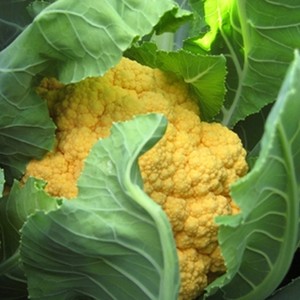05 Aug Sun 2012
Javajournal August, 2012
STARTING ALL OVER AGAIN
Wow. Talk about a heat wave. This is about as hot as we’ve ever seen in this area for early summer. Even our weathercasters are calling the summer of 2012, historic and a classic drought. It’s definitely had an affect on the supply and quality of fruit and vegetables this summer as you have noticed at farmers markets, farm stands and even in your own garden. If you don’t have an available and constant water supply, growing anything has been a struggle for you.
The worst part of the heat wave and drought is the devastating affects it is having on the grain farmers who rely on a steady supply of summer rain. These farmers cannot irrigate the thousands of acres of corn and soybeans that are drying up to the point of total loss. You have to admire the courage and strength of the farmers who simply shrug off the loss as “just part of Mother Nature”.
We won’t see the consequence of drought damage until later this year when prices for many value added corn and soybean products begin to rise. Look for increases in meat, cereals, breads, oils, snacks, and just about anything that uses corn or soybean oils. Weather has and always will have a direct affect on the supply and quality of all food products, even yours in you home garden.
Never mind the heat and drought, for it is time to start all over again for the fall for your local vegetables and herbs. Yes, in the hottest part of the summer it’s time to plant the things that will grow perfectly in our moderate fall days and nights. The first two weeks of August is the ideal time to sow all of the cool season seeds that we normally associate with spring. Mustards, lettuce, spinach, radishes, beets, chards, kale, collards, carrots, rutabagas, turnips, cilantro, dill, parsley, and even short season basils should be sown directly now and throughout the rest of the month.
Professional growers have long known the value of planting in August for bountiful harvest in the fall and into early winter. It you have started your own broccoli, cabbage, cauliflower and Brussel spout plants, they should be planted in the first three weeks of this months. These are all very cold tolerant and will thrive in our fall. Now is also a good time to try some of the more unusual cold tolerant vegetables that you may have wanted to plant. Mache, fava beans, orach, chicory, mustards and endive all do very well in the fall and all the way to the holidays.
When you do start your fall garden, remember that the moisture level in the soil is very low, even if you have been watering throughout the summer. Make sure that you newly seeded areas are thoroughly watered and don’t allow the surface to dry at any time. The seeds need constant contact with moisture to allow the new plants to crack the surface and see the sun. Keep the soil moist as the little plants continue to grow. They will do much better in the hot days with a good water supply to their roots.
The magic will show as the days get shorter and temperatures start to drop. If you have a germination or growth problem with a vegetable or herb, simply replant it later. You can continue to plant short season seeds all the way into mid September such as radishes, lettuces, mustards, arugula and spinach. You will have an abundant supply of crisp and flavorful greens, root crops and herbs that will continue into late fall and early winter.
And don’t give up on the summer vegetables that have been producing for you all summer long. Give them a trim and cut back all dead leaves and branches. They too will rebound as the moisture increase and temperatures decrease into the fall. You will be amazed at the variety and quality of vegetables and herbs that you can grow when most gardeners give up for the year.
Meanwhile, you will continue to find typical summer products at farmers markets and farm stands this month. Here will be tomatoes, peppers, cucumbers, zucchini/summer squash, eggplant, and okra. Beans and sweet corn will be scarce, as will melons. The quality of these items depends a lot on soil moisture and the drought has had a negative affect on both supply and the quality. Peaches and apples will also be below par this year.
Gardening and growing is a never-ending process. There are many variables with the most important being weather. This year the weather has been a challenge, but now is the best time to start all over again and plant your fall garden, which will be the best vegetables and herbs of the year.
Greg_5
05:59 PM CDT

